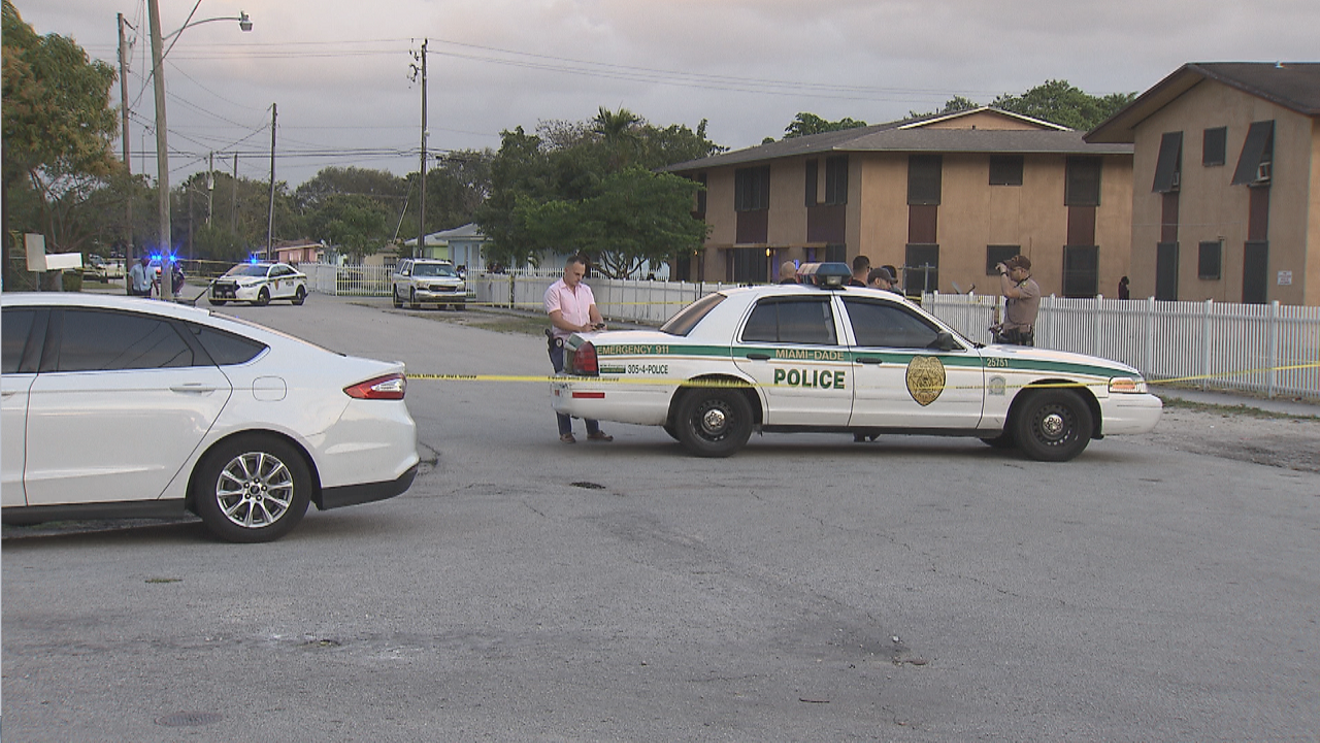In 2012, Miami-Dade County became one of the first places to test a gunshot-detection technology called ShotSpotter, which uses acoustic sensors to alert police to gunfire. But after a year of the pilot program, the county abandoned the system over concerns about its effectiveness: Officers were able to confirm only 50 shootings of 1,000 supposedly detected by ShotSpotter, and the department couldn't point to a single crime the technology helped solve.
"Providing specific instances in which the ShotSpotter system was responsible for the apprehension of a subject or the recovery of a firearm has proven difficult," a 2013 county memo says.
Despite those criticisms, the county revived the program in 2016, at a cost of $2.6 million to taxpayers. Now even more money might be spent on ShotSpotter. This past Thursday, members of the county's Chairman's Policy Council voted unanimously to add more neighborhoods to the coverage area.
"I've heard information from the police department, different representatives, echoing how successful this program has been in curbing violence in our communities," said Commissioner Jean Monestime, who sponsored the item. "I know we all want to see less guns in our streets and more lives saved, so basically, I just want to have the mayor’s office basically put a plan together. Maybe we can start budgeting for that."
As of now, it's unclear exactly where the expansion would take place or how much it would cost. But previous expansions in Miami-Dade ran between $151,000 to $206,000 annually, and a recent New York Times story says ShotSpotter costs anywhere from $65,000 to $85,000 per square mile.
Although ShotSpotter has helped police across the nation find victims of fatal shootings and recover stolen weapons, there is no data to show its rate of effectiveness or to quantify its return on investment for police departments. Jennifer Doleac, a University of Virginia researcher who has studied ShotSpotter for four years, told the Cincinnati Enquirer "there isn't any evidence" the system reduces gun violence.
In 2016, Reveal, a podcast from the Center for Investigative Reporting, devoted an entire episode to ShotSpotter and raised important questions about its efficacy. In San Francisco, reporters found that officers made only two arrests after receiving 3,000 alerts from the system over a two-and-a-half-year period.
"A clear pattern emerged: lots of calls, few tangible results," the podcast hosts determined.
In Miami-Dade, though, the technology still has plenty of supporters. A 2017 report from Mayor Carlos Gimenez argues that improvements within the company and the police department make the system "a viable option for future proactive policing." Gimenez says ShotSpotter has made significant "technological advances" and adds that officers now monitor the alerts through MDPD's real-time crime center and save shell casings for future investigations, all of which make the program more successful today than it was in the past.
Before the system is expanded, Monestime's resolution still must be approved by the full board of county commissioners. The item is scheduled to be discussed at a meeting July 10.
[
{
"name": "Air - MediumRectangle - Inline Content - Mobile Display Size",
"component": "19274298",
"insertPoint": "2",
"requiredCountToDisplay": "2"
},{
"name": "Editor Picks",
"component": "17482312",
"insertPoint": "4",
"requiredCountToDisplay": "1"
},{
"name": "Inline Links",
"component": "18711090",
"insertPoint": "8th",
"startingPoint": 8,
"requiredCountToDisplay": "7",
"maxInsertions": 25
},{
"name": "Air - MediumRectangle - Combo - Inline Content",
"component": "17482310",
"insertPoint": "8th",
"startingPoint": 8,
"requiredCountToDisplay": "7",
"maxInsertions": 25
},{
"name": "Inline Links",
"component": "18711090",
"insertPoint": "8th",
"startingPoint": 12,
"requiredCountToDisplay": "11",
"maxInsertions": 25
},{
"name": "Air - Leaderboard Tower - Combo - Inline Content",
"component": "17482313",
"insertPoint": "8th",
"startingPoint": 12,
"requiredCountToDisplay": "11",
"maxInsertions": 25
}
]












